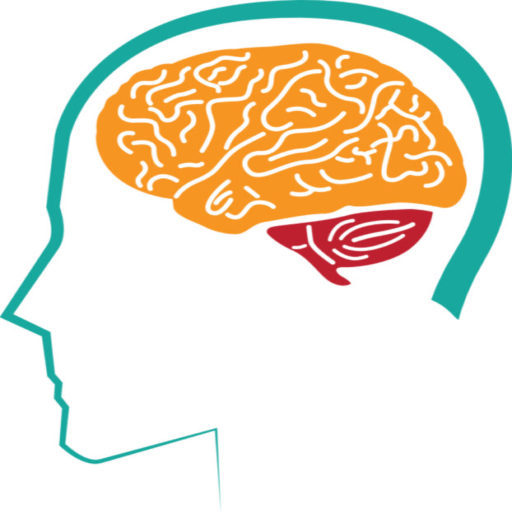Introduction
In our fast-paced world, where we juggle numerous responsibilities, it’s easy to overlook one crucial aspect of our lives—our mental health. This comprehensive guide takes you on a journey to comprehend the essence of mental health. We will explore its significance, delve into various mental health disorders and their ramifications, and challenge the stigma that often shrouds this pivotal aspect of our well-being.
The Importance of Mental Health Awareness
Mental health awareness is not just a trendy catchphrase; it’s a clarion call for recognizing mental health as an indispensable element of our lives. It involves acknowledging that mental well-being is as vital as physical health and merits equivalent attention.
A pivotal facet of mental health awareness is grasping that mental well-being exists on a continuum. It’s not merely a binary state of either “mentally ill” or “mentally healthy.” Instead, it encompasses a broad spectrum of experiences and emotions that oscillate throughout our lives.
Promoting mental health awareness is critical because:
- Eradicates Stigma: By openly addressing mental health, we dismantle long-standing stereotypes and stigmas. This encourages individuals to seek help devoid of shame.
- Empowers Individuals: Awareness equips individuals with the discernment to recognize mental health issues in themselves and others, leading to early intervention and improved outcomes.
- Nurtures Resilience: A society that esteems mental health resilience is better equipped to cope with life’s trials and tribulations.
- Boosts Well-Being: When mental health takes center stage, individuals experience enhanced overall well-being, leading to healthier relationships, heightened work performance, and an improved quality of life.
Exploring Mental Health Disorders and Their Impact
Mental health disorders are commonplace and can affect anyone, irrespective of age, gender, or background. They encompass an array of conditions, spanning from mood disorders like depression and anxiety to psychotic disorders such as schizophrenia. Each disorder presents its unique set of challenges, symptoms, and treatment modalities.
Understanding mental health disorders is of paramount importance because:
- Early Intervention is Crucial: Discerning the signs and symptoms of mental health disorders early facilitates timely intervention, averting further deterioration.
- Access to Treatment and Support: Familiarity with distinct mental health disorders helps individuals access appropriate treatment and support services, augmenting their prospects for recovery.
- Dispelling Misconceptions: Myths surrounding mental health disorders can perpetuate stereotypes and discrimination. Education counters misunderstandings and fosters empathy.
- Advocacy and Awareness: By discerning the specific challenges confronted by individuals with mental health disorders, we can advocate for policies and services tailored to their needs.
Challenging the Stigma Around Mental Health
Stigma linked to mental health is a formidable barrier to seeking help and achieving full recovery. This stigma can manifest as discrimination, prejudice, or even self-stigmatization, often arising from ignorance and sustaining a culture of silence around mental health issues.
To confront this stigma, we must:
- Initiate Candid Conversations: Promote open, non-judgmental dialogues about mental health. The more we converse, the more we normalize the topic.
- Educate and Raise Awareness: Foster comprehension within ourselves and others concerning mental health disorders and their tangible impact on individuals and their families.
- Challenge Stereotypes: Reconfigure our mindset and debunk stereotypes. Mental health disorders are not a reflection of weakness but a testament to the multifaceted nature of human experiences.
- Solicit Professional Assistance: Should you or someone you know grapple with a mental health disorder, seeking professional help is an indispensable stride in its management and eventual recovery. Mental health professionals offer evidence-based treatments and invaluable support.
Conclusion
Comprehending mental health is not solely an individual odyssey; it’s a collective obligation. It involves acknowledging the significance of mental well-being, extending empathy to those confronting mental health challenges, and dismantling the stigma that can impede recovery.
By cultivating mental health awareness, examining the manifold facets of mental health disorders, and confronting the stigma, we lay the groundwork for a more compassionate, enlightened, and mentally healthy society.
Let’s embark on this expedition collectively and prioritize mental health, not just for ourselves but for the benefit of all those around us.

